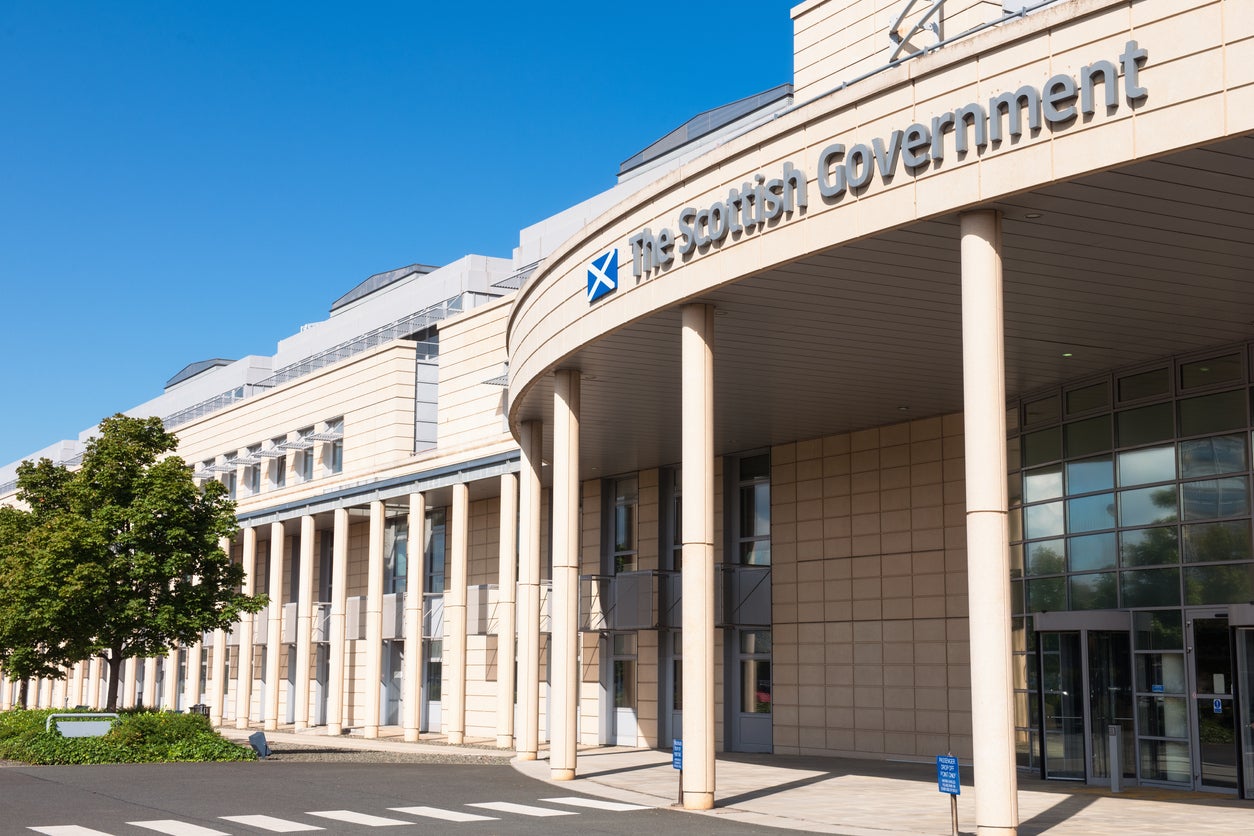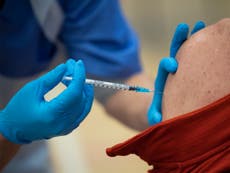Scotland must do more for young people with autism or a learning disability
Please send your letters to letters@independent.co.uk

As a group of third and private sector organisations who support vulnerable children and young people, many with autism and a learning disability, we would add our support to the Our Voice Our Rights campaign.
This aims to make Scotland the best country in the world for the 56,000 autistic people, the 120,000 people with a learning disability, and their families, who live there.
While there have been many ambitious and well-intentioned strategies over the years from government and partners, and an extensive regulatory framework, we hear all the time that too many people are struggling to access their human rights to education, work, a family life, healthcare, to high quality social care services, and to be free from discrimination in their communities.
While not by any means a panacea, a commissioner for autism and learning disability would be the first of its kind in the world, established in law to champion the human rights of autistic people and people with a learning disability.
It would be a powerful voice, improving access to services and advocating on people’s behalf when they cannot. A commissioner would also close the current gap between what the law says and what actually happens, leading to improvements. Importantly, people would also have recourse when the system falls short and fails to deliver for them.
Many of those with autism and learning disabilities feel invisible, and such a role can help people live good lives with choice and control, free from discrimination.
The Scottish Children’s Services Coalition:
Kenny Graham, Falkland House School
Lynn Bell, LOVE Learning
Stephen McGhee, Spark of Genius
Niall Kelly, Young Foundations
Banging the drum
Our national network of organisations is telling us that young people are feeling more isolated than ever, with more than 80 per cent reporting a decrease in attendance since Covid-19 began. Our evidence shows that music-making has a transformative impact on young people’s wellbeing, so this sharp reduction in young people able to access services will be having a detrimental effect on their mental health.
This week, in particular, we must re-evaluate how we support young people’s learning as we begin the recovery from the pandemic. Instead of the continual obsession with assessment, attainment and exams, I urge the government and leaders in education to prioritise young people’s wellbeing and to take a holistic view of their mental health, where music can play a vital role in helping them thrive.
Matt Griffiths
CEO of Youth Music
Vaccine against incompetence
The way things are going with the vaccine rollout across the UK, it would seem Boris Johnson has found a miracle cure for his perceived incompetence.
However, if he is to take credit for a vaccine success occurring on his watch then he must at the same time take responsibility for the appalling death rate the UK has suffered.
G Forward
Stirling
Small class of elderly teachers
As an ex-teacher I gave a wry smile when I read Hamish MacPherson's exhortation (Letters, 1 February) to put teachers aged 55-60 at the head of the vaccination queue. Countrywide, that should take a couple of hours then.
As pondered earnestly by a government official the other day: "Should teachers be vaccinated before the 50-60 year age group?"
Linda Calvey
Northampton
LGBT+ role models
I read with interest your article about headteacher Nicholas Hewlett coming out to pupils in assembly (News, 1 February).
I applaud Mr Hewlett’s brave actions. As a former headteacher and now educational consultant, who works with many schools on becoming more LGBT+ inclusive, I recognise how important it is for young people, both LGBT+ and non-LGBT+, to have positive LGBT+ role models. His assembly today will no doubt have educated, inspired and most importantly given hope to many young people.
I was however a little confused when I learned he was the first headteacher to have done this. I was sure I’d come out to my pupils in assembly about four years ago.
Rob Partington
Oldham
Online anonymity can be force for good
Anonymity online (Letters, 1 February) allows a range of people in difficult home or work situations to find communities and speak openly and honestly about deeply important issues that might get them fired, harassed and hounded, beaten, or worse, if their names were attached.
We need to hear the perspectives of people who are traditionally made voiceless, and online anonymity can make it possible to do that. It’s possible that you might out a few extremists and trolls [by removing the right to anonymity], but it's most likely that marginalised people – especially those whose only safe places are online – will be disproportionately excluded.
There are no simple answers beyond ditching social media, as long as we live in a deeply unequal, unjust society in which a few people are making a fortune out of whipping up division.
Karen Abbott
Address supplied




Join our commenting forum
Join thought-provoking conversations, follow other Independent readers and see their replies